What Conditions can Chinese Medicine Treat?
Exploring the Efficacy of Chinese Medicine: Conditions and Treatments
Chinese Medicine, with its rich history spanning thousands of years, offers a comprehensive approach to health, longevity, and vitality. Rooted in ancient philosophical principles, this traditional medical system encompasses various modalities such as acupuncture, herbal medicine, dietary therapy, movement therapies such as qigong and tai chi, and other forms of bodywork such as guasha and tuina. Numerous scientific studies, clinical trials, and thousands of years of practical application have highlighted its potential in treating a wide range of health conditions. This article explores some common ailments that Chinese medicine addresses, supported by evidence-based research.
The World Health Organization (WHO) has played a pivotal role in recognizing the efficacy of acupuncture as a therapeutic intervention for a wide array of health conditions. In a landmark report published in 2003, the WHO endorsed acupuncture for over 100 different ailments, ranging from musculoskeletal disorders like arthritis and back pain to neurological conditions such as migraine and stroke rehabilitation. This endorsement was based on rigorous reviews of clinical trials and empirical evidence demonstrating the effectiveness of acupuncture in relieving pain, reducing inflammation, and restoring physiological balance. By acknowledging acupuncture's potential to complement conventional medical approaches, the WHO has catalyzed its integration into healthcare systems worldwide, fostering greater accessibility and acceptance of this comprehensive and ancient healing modality.
1. Pain Management
- Acupuncture, a cornerstone of Chinese medicine, has garnered significant attention for its efficacy in managing pain. Research published in the Journal of Pain [1] demonstrates that acupuncture can alleviate chronic pain conditions such as osteoarthritis, migraines, and lower back pain. The stimulation of specific acupoints is believed to modulate pain perception pathways, leading to analgesic effects.
- Herbal remedies like Corydalis (yan hu suo) and Turmeric (Huang jiang) have shown promising results in pain relief, according to studies published in Pain Medicine [2] and PLOS One [3], respectively. These herbs possess anti-inflammatory and analgesic properties, making them valuable additions to pain management protocols.
2. Digestive Disorders
- Chinese medicine offers personalized dietary recommendations and herbal formulations to address digestive issues such as irritable bowel syndrome (IBS), gastritis, and acid reflux. A meta-analysis published in Evidence-Based Complementary and Alternative Medicine [4] suggests that herbal formulas like Xiao Yao San and Ban Xia Xie Xin Tang can effectively alleviate symptoms of IBS and promote gastrointestinal motility.
- Acupuncture has also demonstrated efficacy in treating functional dyspepsia and gastroesophageal reflux disease (GERD). Research published in Neurogastroenterology & Motility [5] indicates that acupuncture sessions can reduce dyspeptic symptoms and improve gastric emptying rates, providing symptomatic relief for patients with digestive disorders.
3. Stress-Related Ailments
- Chinese medicine emphasizes the interconnectedness of the mind and body in maintaining health and balance. Stress, a prevalent modern-day concern, can manifest in various physical and psychological symptoms. Acupuncture and herbal medicine offer holistic approaches to stress management.
- A systematic review published in the Journal of Acupuncture and Meridian Studies [6] suggests that acupuncture interventions can reduce stress levels by regulating the hypothalamic-pituitary-adrenal (HPA) axis and promoting relaxation responses. Moreover, adaptogenic herbs like Panax ginseng and Rhodiola rosea have been studied for their ability to mitigate the effects of chronic stress [7].
4. Reproductive Health Concerns
- Chinese medicine has been utilized for centuries to support women's health and fertility. Acupuncture, in conjunction with herbal medicine, dietary modifications, and lifestyle interventions, offers a comprehensive approach to addressing reproductive issues such as menstrual irregularities, polycystic ovary syndrome (PCOS), and infertility.
- Clinical trials, including a randomized controlled trial published in Fertility and Sterility [8], have shown that acupuncture can improve menstrual regularity, regulate hormone levels, and enhance ovarian function in women with PCOS. Herbal formulas like Gui Pi Tang and Dang Gui Bu Xue Tang have also been studied for their beneficial effects on reproductive health [9].
5. Respiratory Conditions
- Chinese herbal medicine plays a prominent role in managing respiratory disorders, including asthma, chronic bronchitis, and allergic rhinitis. Herbs such as Ephedra sinica and Magnolia officinalis have bronchodilatory and anti-inflammatory properties, as evidenced by research published in Phytomedicine [10] and Allergy [11].
- Integrative approaches combining acupuncture and herbal medicine have shown promise in alleviating asthma symptoms and reducing the frequency of acute exacerbations. A systematic review and meta-analysis published in the Annals of Allergy, Asthma & Immunology [12] suggest that acupuncture may serve as an adjunctive therapy for asthma management, improving pulmonary function and quality of life.
Chinese medicine offers a diverse array of modalities for managing various health conditions, ranging from pain and digestive disorders to stress-related ailments, reproductive health concerns, and respiratory conditions. While further research is warranted to elucidate underlying mechanisms of action, the existing body of evidence supports the integration of Chinese medicine into comprehensive healthcare strategies.
References:
[1] Vickers AJ, Vertosick EA, Lewith G, et al. Acupuncture for Chronic Pain: Update of an Individual Patient Data Meta-Analysis. J Pain. 2018;19(5):455-474.
[2] Yu CH, Xu YQ, Wu HY, et al. Anti-inflammatory and analgesic activities of Corydalis yanhusuo and its major bioactive alkaloids. J Ethnopharmacol. 2016; 194: 280-286.
[3] Jurenka JS. Anti-inflammatory properties of curcumin, a major constituent of Curcuma longa: a review of preclinical and clinical research. Altern Med Rev. 2009;14(2):141-153.
[4] Liu J, Tanaka N, Sasaki K, et al. Herbal medicine for functional dyspepsia: A systematic review and meta-analysis. Evid Based Complement Alternat Med. 2019;2019:8607828.
[5] Xing J, Larsson H, Lundegårdh G, et al. The role of acupuncture in the treatment of gastroesophageal reflux disorder. Neurogastroenterol Motil. 2019;31(5):e13558.
[6] Eshkevari L, Permaul E, Mulroney SE. Acupuncture blocks cold stress-induced increases in the hypothalamus-pituitary-adrenal axis in the rat. J Endocrinol. 2013;217(1):95-104.
[7] Panossian A, Wikman G. Effects of adaptogens on the central nervous system and the molecular mechanisms associated with their stress-protective activity. Pharmaceuticals. 2010;3(1):188-224.
[8] Johansson J, Redman L, Veldhuis PP, et al. Acupuncture for ovulation induction in polycystic ovary syndrome: A randomized controlled trial. Am J Physiol Endocrinol Metab. 2013;304(9):E934-E943.
[9] Kornbluth A, Sachar DB. Ulcerative colitis practice guidelines in adults: American College Of Gastroenterology, Practice Parameters Committee. Am J Gastroenterol. 2010;105(3):501-523.
[10] Hsieh CF, Lo CW, Liu CH, et al. Magnolol reduces airway hyperreactivity and inflammation in a murine model of allergic asthma. Evid Based Complement Alternat Med. 2013;2013:628381.
[11] Lee JS, Hong EK. Aggravation of allergic inflammation by intranasal magnetite nanoparticles in allergic rhinitis mice. Int J Nanomedicine. 2012;7:591-World Health Organization. (2003). Acupuncture: Review and Analysis of Reports on Controlled Clinical Trials.
WANT TO LEARN MORE?
STILL HUNGRY?






















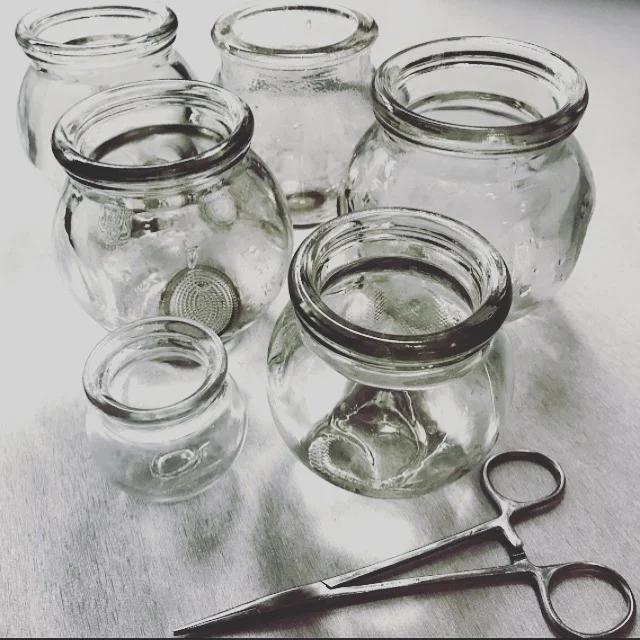

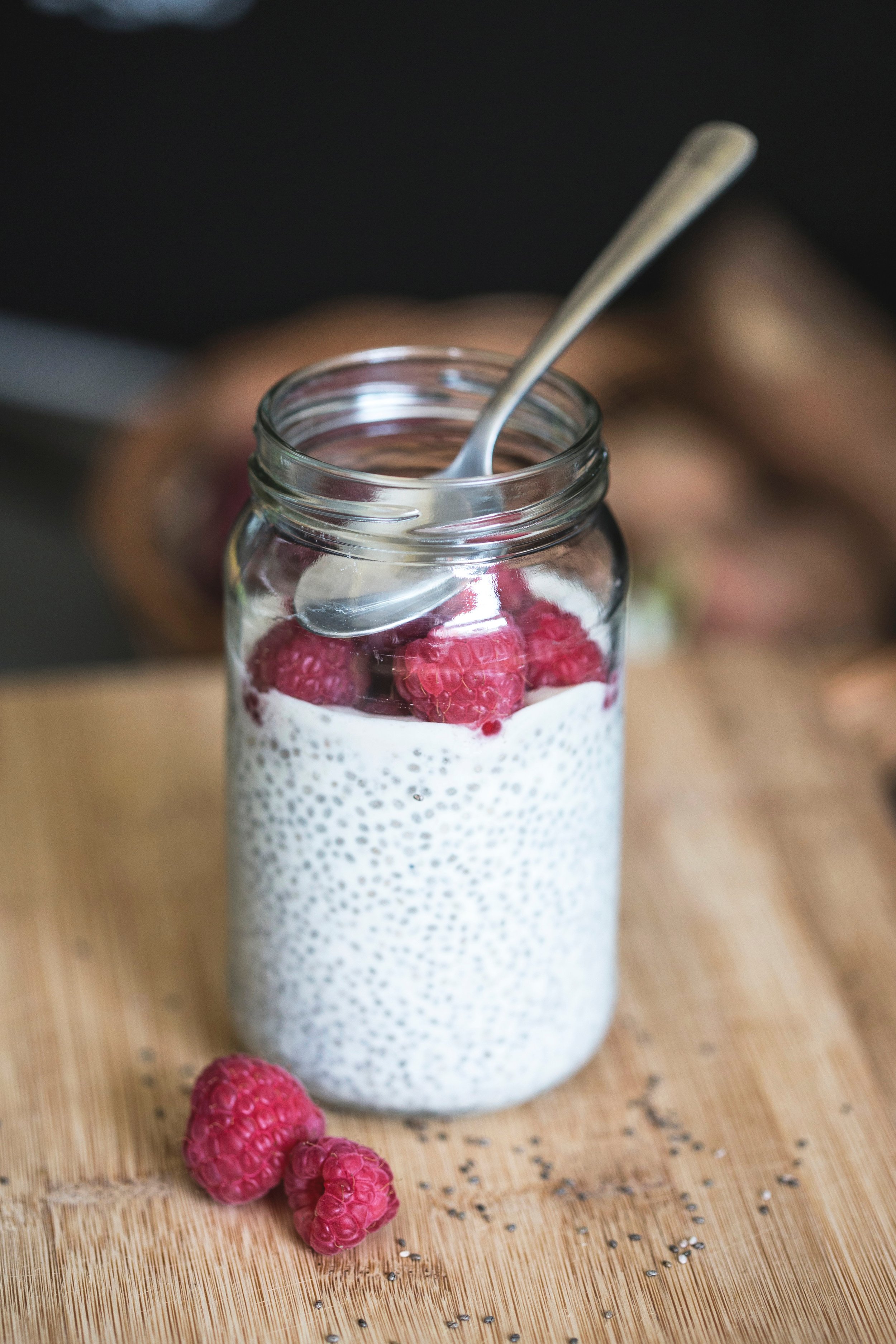





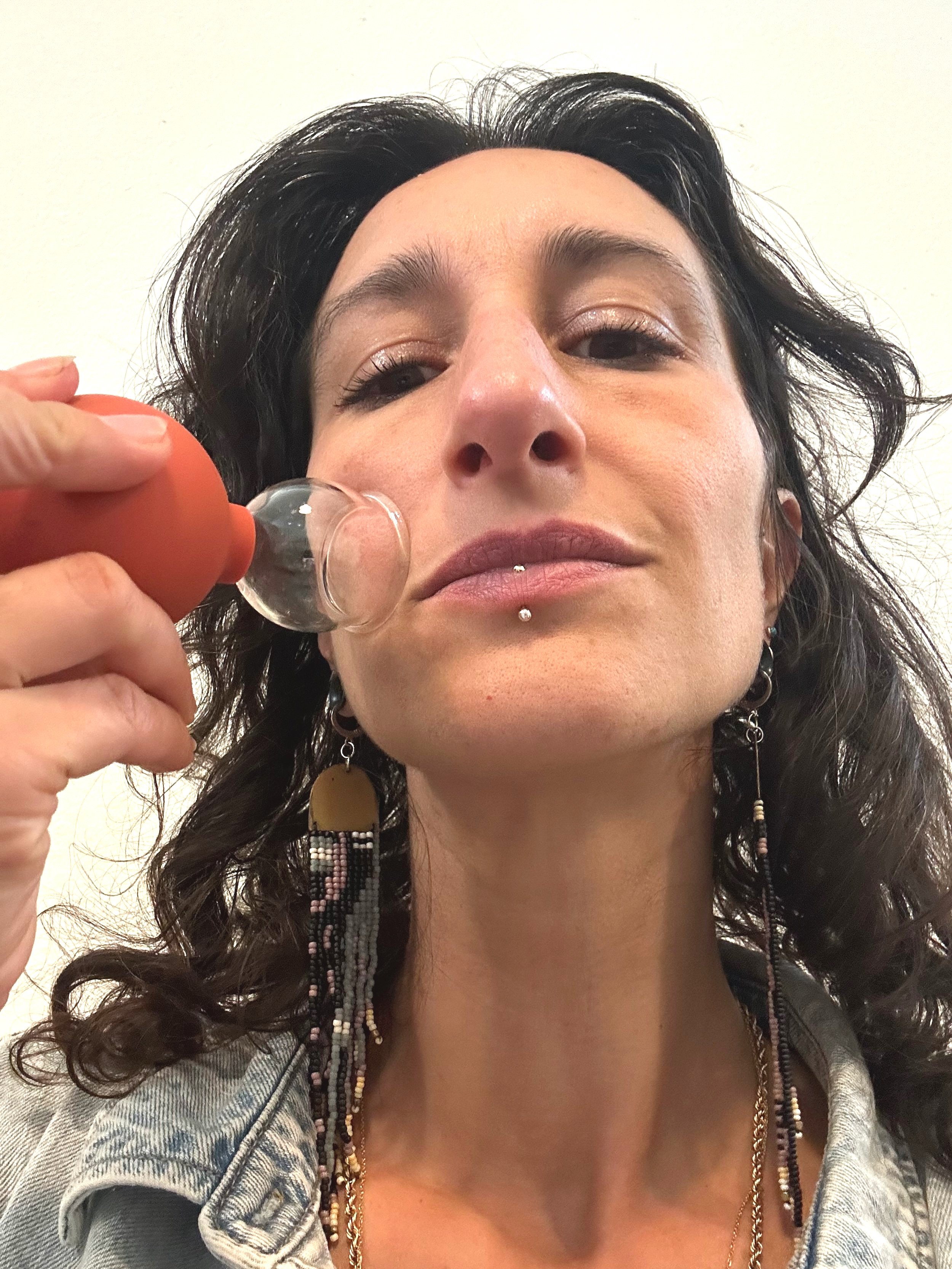







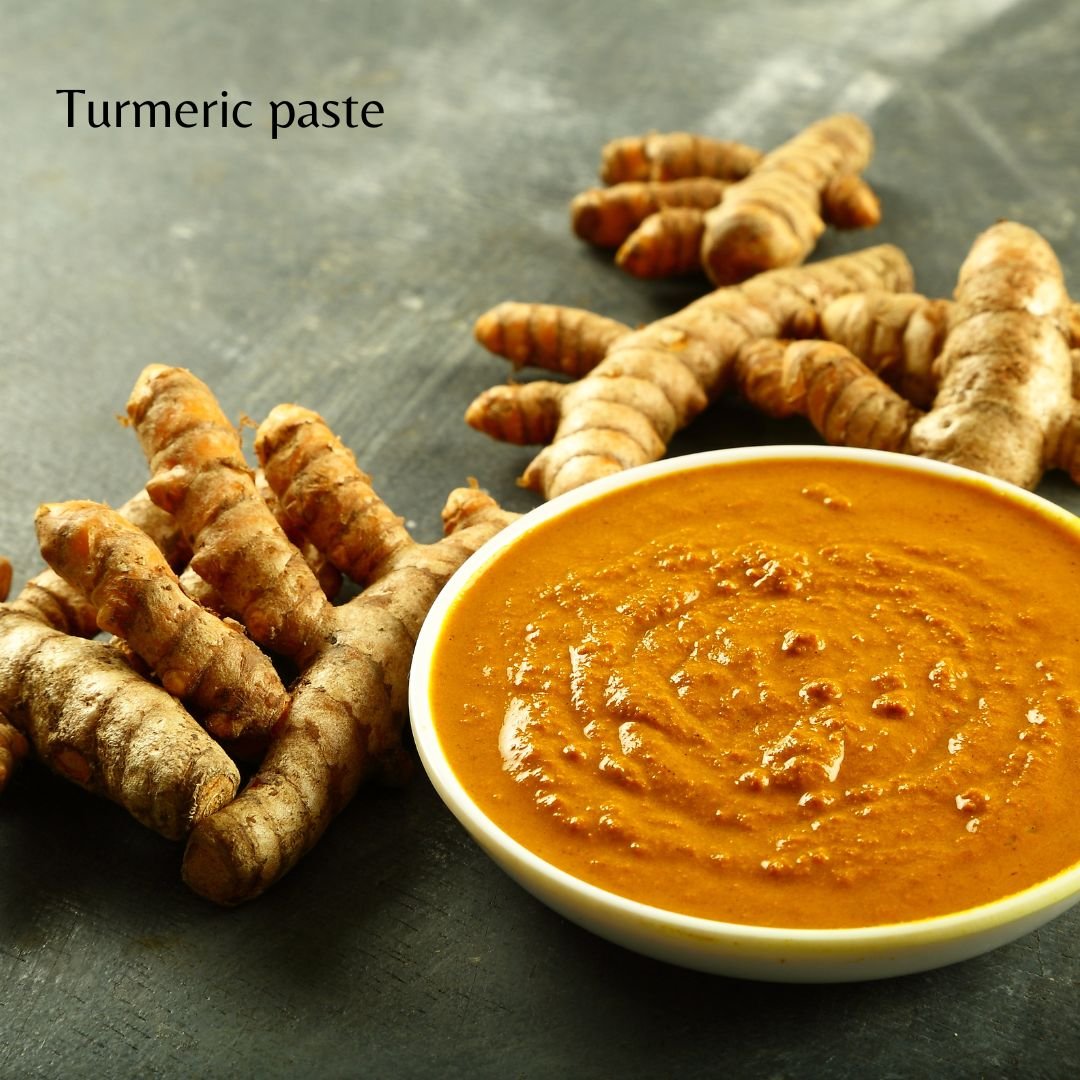





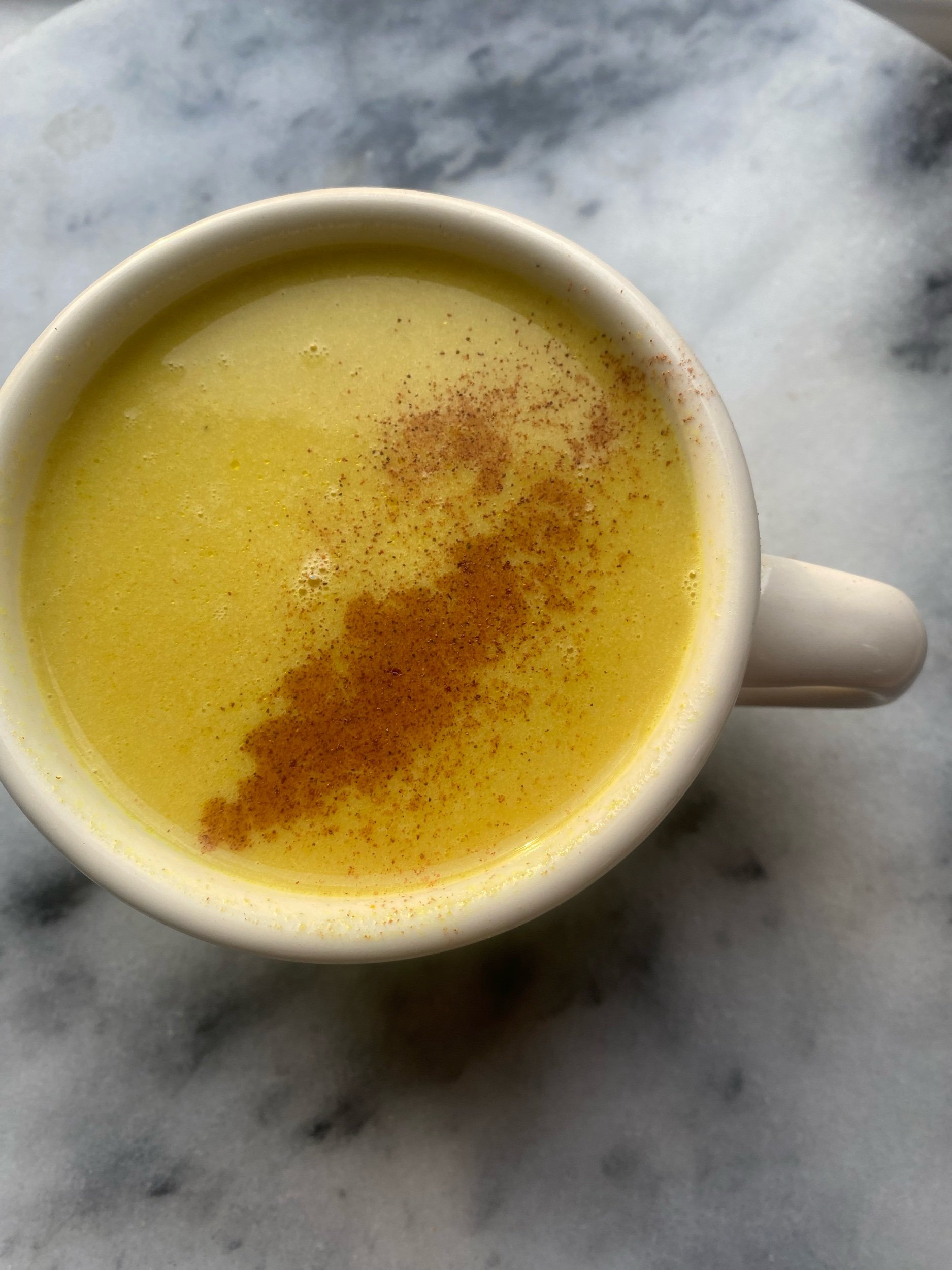

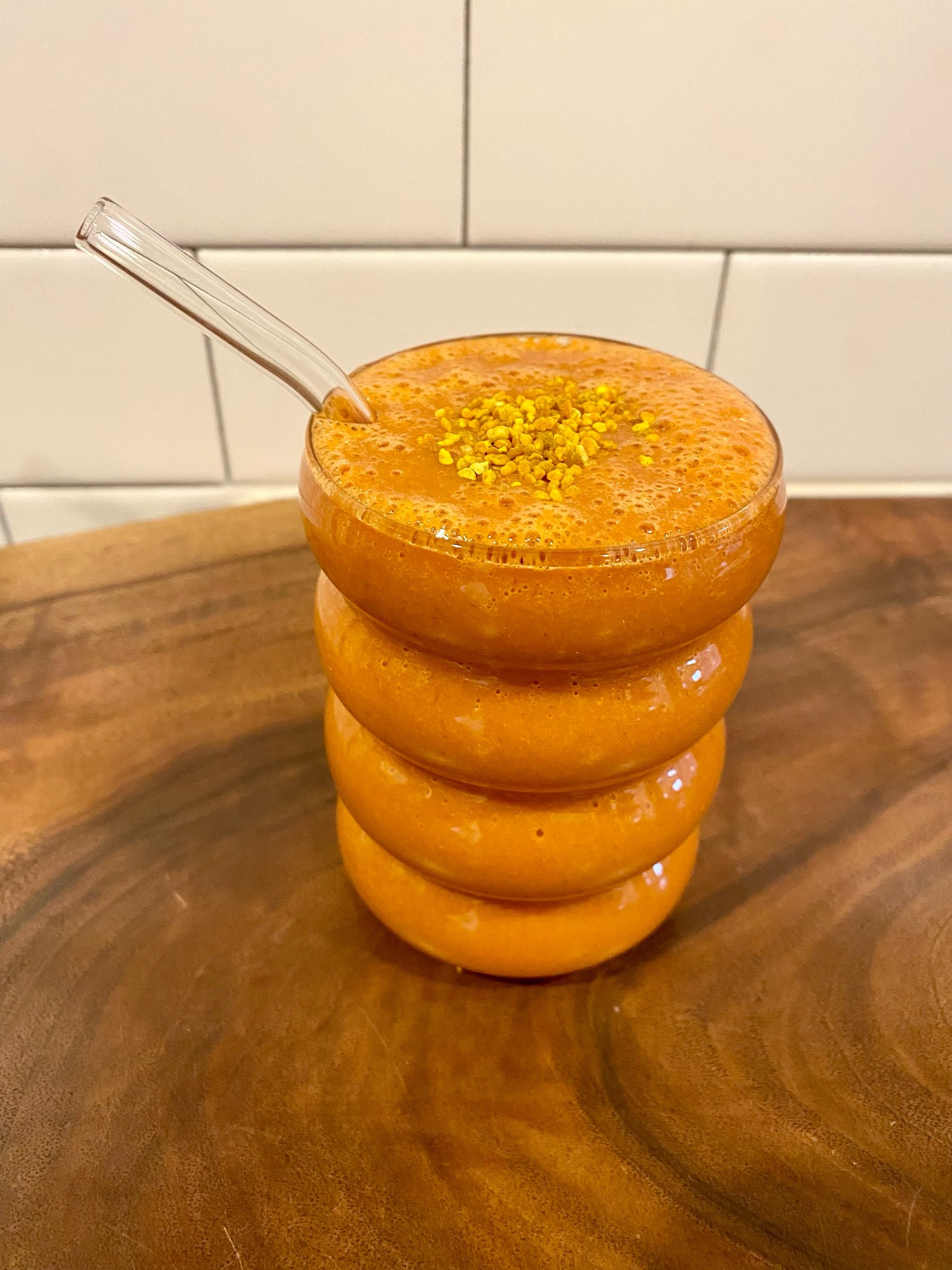
Learn about Kidney Yang Deficiency in Traditional Chinese Medicine, including signs, symptoms, food choices, and lifestyle tips to restore balance and vitality. Discover a warming recipe to support Kidney Yang health.